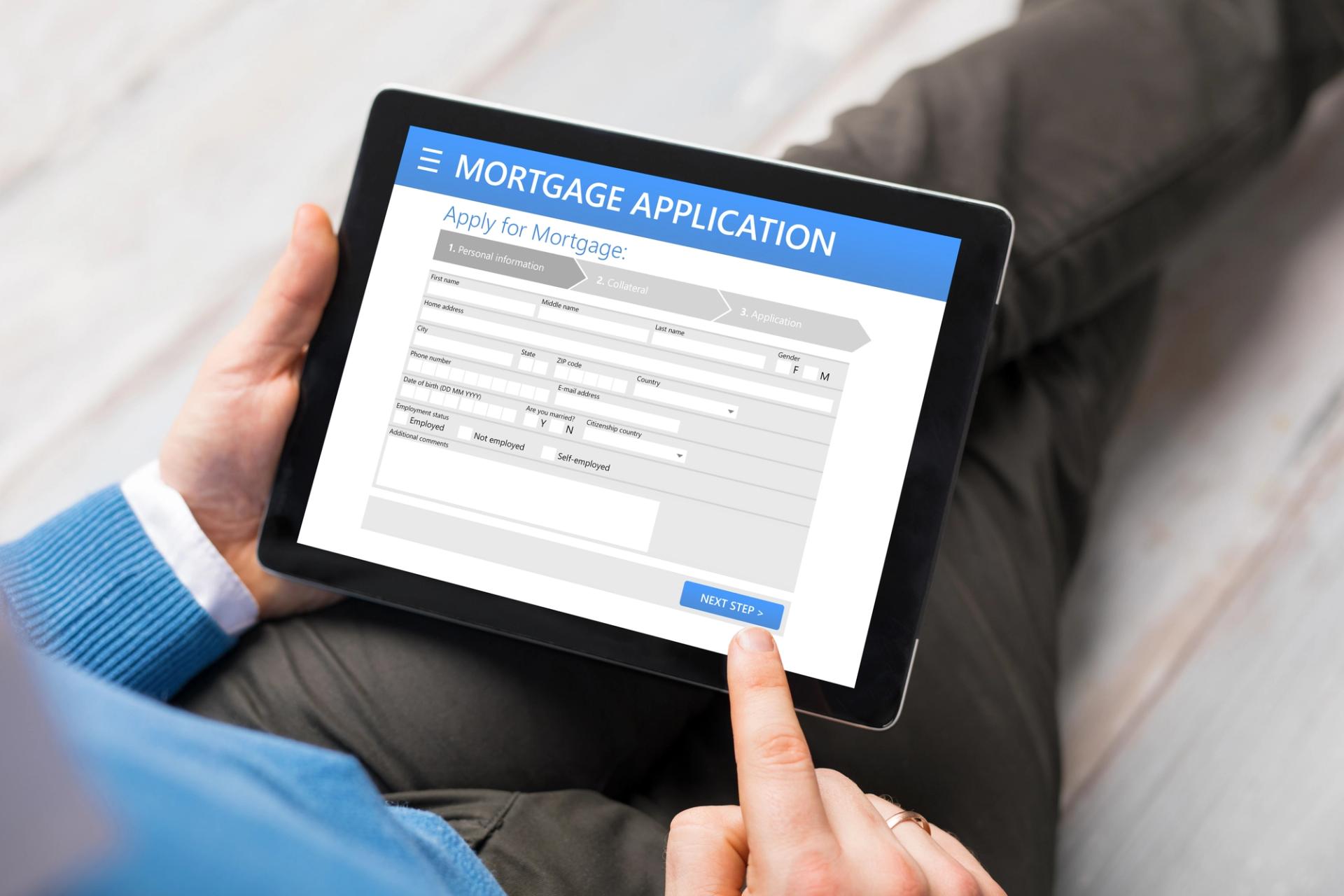


Applying for a mortgage will be one of your first steps as a potential homebuyer and it's normal to feel confused or overwhelmed. Once you've nailed down the right mortgage product however, things become clearer. There are many things you can do to ensure that your mortgage application process goes smoothly.
A mortgage is a long-term financial commitment. It's essential that you assess your finances and ensure that you can manage the repayments on the house you want.
Read on to learn about the following:
It's possible for you to start your mortgage application online if you are happy that the mortgage you’ve chosen is right for you. Alternatively, you can hire a mortgage broker to find you the best deal on the market.

Going directly to the commercial lender means walking into a bank or logging in online and applying for a mortgage. With this option, you need to do your own research and make sure you’re absolutely sure that the mortgage you choose will be right for you before your application is received.
You might have heard about a mortgage offer via an advertisement, or from a friend who bought the same one. Your bank might give you preferential rates if you’re already a customer and have a current account with them.
This option is advisable only if you are 100% sure what mortgage product is right for you.
A mortgage broker acts as a go-between for you and the lender. If you go to a mortgage broker, they’ll ask you questions about your income, credit history, how much you have saved for a down payment and how much you wish to borrow.
The mortgage broker will shop around on your behalf. They have relationships with banks and lenders, therefore they might have access to products you might not be aware of. As a result, they may be able to find one that suits you best.
On top of all that, mortgage brokers will handle the application process for you. They are expert negotiators and will navigate emails, phone calls and meetings with ease. They’ll be able to assess all of your options from a professional point of view and give you their recommendation.
Lenders are obliged to keep mortgage brokers up to date with all of their offers and the latest interest rates, so this is a great option if you want to get the best deal.
Some firms will charge you upfront for their service, while others will receive a commission from the lender. Make sure you know about the costs involved before you hire a mortgage broker.

When you apply for a mortgage, both lenders and brokers will require a number of documents. These would typically include proof of identification and evidence of financial stability.
Documents for proof of identification
You will be required to provide standard identification documents and confirmation of your address to prove you are who you say you are. This usually consists of the following:
Documents for proof of finances
Both banks and brokers will want to ensure that you can repay them. This is why it's important for you to show them that you're financially stable with a steady income and enough savings. To make a decision, they will need information on your employment, living costs, lifestyle, and any outstanding debts.
If you are an employee in a company and pay your taxes through the PAYE scheme, you will need to provide:
If you are a self-employed contractor who is responsible for filing your own taxes, you will need to give them:
It's crucial for lenders to confirm your level of debt. For this reason, they will have a look at:
If you're on a variable income, it means you may need to provide your last year’s Employee Detail Summary from Revenue.ie.

If your application is approved in principle, depending on your employment type you’ll need to provide the following documents to your lender:
The homebuying process can be both exciting and stressful in equal measure. The financial and legal hoops to jump through are seemingly endless. So, it can be very overwhelming for first-time buyers. In such a situation, it's only natural for you to panic and accept the first offer that comes your way. Here are a few things to be aware of:
If you’re reading this article, you’re probably still shopping around for a mortgage that suits you. It’s definitely a good idea to take your time and ensure you understand mortgages before committing.
Ensuring that your finances are in order before you apply is the most critical part. Pay down any debts you owe, improve your credit history (if necessary) and do the sums required to make sure you can make repayments on your dream house.
And finally, don’t forget that Government incentives (such as the Help to Buy and the First Home scheme) are there to help you get on the property ladder, so make sure you take advantage of it. The Glenveagh Mortgage Calculator is a handy tool which gives an estimate of your total mortgage value and your monthly repayments factoring in the Government schemes that are available to first-time buyers.
To find out more about the homebuying process, don’t forget to check out our content hub dedicated to first-time buyers!
*The information in this article is intended as a general guide and does not constitute formal legal or financial advice.